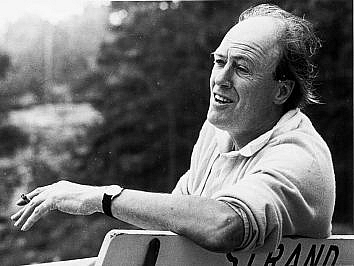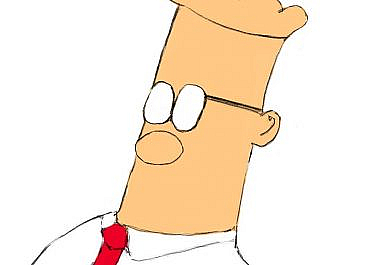The estate of beloved children’s author Roald Dahl decided to censor his popular children’s books by making hundreds of changes to his works related to “gender, race, and physical appearance.”
Summary
The estate of beloved children’s author Roald Dahl decided to censor his popular children’s books by making hundreds of changes to his works related to “gender, race, and physical appearance.”
- The changes have earned a massive backlash on both sides of the Atlantic from politicians, writers, and lovers of great literature.
- The changes to Dahl’s works were first reported by the Telegraph, which listed some of the new revisions imposed by Dahl’s estate: “Augustus Gloop is no longer fat, Mrs. Twit is no longer fearfully ugly, and the Oompa-Loompas have gone gender-neutral.”
- Other edits include a revision to “Witches” where a supernatural female posing as an ordinary woman may be working as a “top scientist or running a business” instead of as a “cashier in a supermarket or typing letters for a businessman.”
- Additionally, “the word “black” was removed from the description of the terrible tractors in the 1970s “The Fabulous Mr. Fox.” The machines are now simply “murderous, brutal-looking monsters.”
- Celebrated author Salman Rushdie blasted the estate for bowdlerizing Dahl’s work. Rushdie wrote, “Roald Dahl was no angel, but this is absurd censorship. Puffin Books and the Dahl estate should be ashamed.”
- British Prime Minister Rishi Sunak weighed in on the controversy. Sunak said works of fiction should be “preserved and not airbrushed.” His spokesman continued, “When it comes to our rich and varied literary heritage, the prime minister agrees with the BFG that we shouldn’t gobblefunk around with words.”
![]()
- The New York Times further detailed some of the changes that the Dahl estate had created in partnership with Inclusive Minds, “an organization that champions diversity and accessibility in children’s literature.” Those changes reportedly include, “characters who are no longer described as “fat” and references to “mothers” and “fathers” that have been updated to “parents” or “family.””
- NPR cited another example of the changes, which include adding language that Dahl never wrote. In The Witches, Dahl wrote “that witches are bald beneath their wigs. According to The Telegraph, an added line in new editions says, “There are plenty of other reasons why women might wear wigs and there is certainly nothing wrong with that.””
- The Atlantic argued Dahl “can never be made nice” and mocked the changes as part of “corporate safetyism, not social justice.” Helen Lewis wrote, “Like most of Dahl’s work, [My Uncle Oswald] is nasty: casually cruel, even sadistic in places. In real life, Oswald would be a menace—he makes the sexist social-media influencer Andrew Tate look like Gloria Steinem. As a fictional protagonist, he’s a delight. However, nastiness is now out of fashion.”
![]()
- The Wall Street Journal predicted, “woke Roald Dahl will put kids to sleep.” As Meghan Cox Gurdon wrote, “Dahl’s works aren’t the first victims of sensitizing, and they likely won’t be the last… Some books are simply disappearing down the memory hole: As of 2021, six books by Dr. Seuss, including his 1937 debut, “And to Think That I Saw It on Mulberry Street,” are no longer printed.”
- Breitbart covered the brewing backlash in the UK to the censorship of the iconic British author’s works. Some pointed out that the original versions are already in many schools and libraries. As British author, Philip Pullman asked in a BBC interview, “Are you going to round up all the books and cross them out with a big, black pen?”
- Charles C.W. Cooke argued “there’s no excuse” for rewriting the works of Roald Dahl in National Review. Cooke continued, “The speech police must not be allowed to get away with bowdlerizing the greatest genius in the history of children’s books.”
© Dominic Moore, 2023




